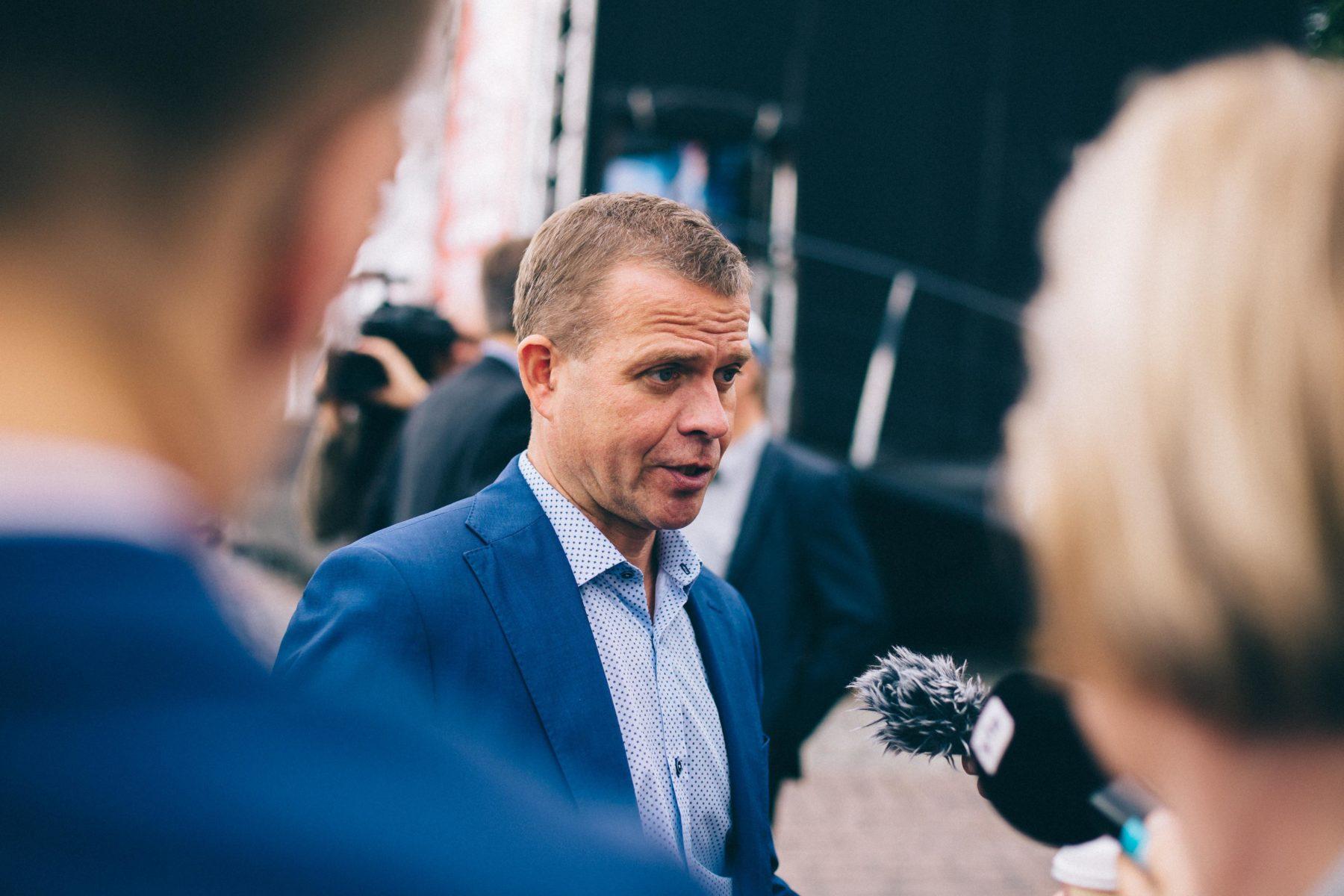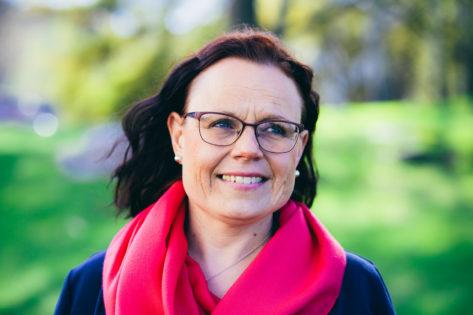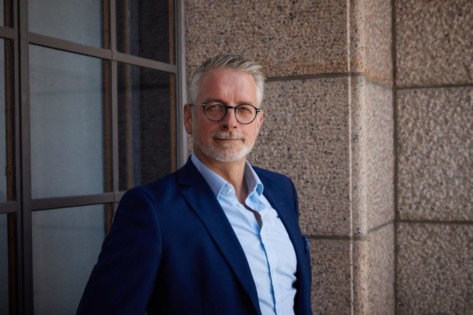
Petteri Orpo: Climate change is the defining challenge of our time
Julkaistu:
Speech held at the Annual Meetings of the World Bank Group and IMF 12.10.2018
President Joko Widodo, Managing Director Christine Lagarde, President Jim Yong Kim and Fellow Governors
Welcome to the Annual Meetings of the World Bank Group and IMF, and to the seventy-second Plenary of the Boards of Governors. Please join me in thanking our hosts, the Indonesian government and the people of Bali, for their warm hospitality. It is an honour for me and for Finland to chair this meeting.
Much has changed since we last met. Global growth remains strong and unemployment has declined. Although major reforms have helped strengthen the global financial system, the effects of the global financial crisis remain.
Some families still have not recovered. For many, globalization means unemployment, falling wages and income inequality. This creates fertile ground for populism and polarization. In a world of declining trust and limited multilateral coordination, a recession could quickly turn into another crisis.
There is concern that robots could be the trigger. It is estimated that millions of jobs could be lost to artificial intelligence, which would hit middle- to low-income workers the hardest. However, technology does not need to work against us. Managed fairly, the digital revolution has the potential to increase prosperity for all.
My country Finland is an example of how this can be achieved. Finland has been an independent state for a hundred years. Finland has made a remarkable economic journey, from one of the poorest, most agrarian countries in Europe, to one of the wealthiest in the world.
How did we get there? By investing in our people—through health, social protection, women’s rights and education.
Our long-term objective is to provide equal opportunities to high-quality education and training for all citizens. Finnish education policy is built on the principles of free education and lifelong learning. We believe that education is the key to competitiveness and wellbeing of the society.
As Finland’s experience has shown, investing in human capital not only strengthens a society’s resilience; it also makes economic sense.
In Finland, we value trust. It is the fundamental pillar of a functioning society. I believe trust is also what we need at the global level. Without trust it becomes impossible to find solutions to global problems we are facing today.
Without a doubt, climate change is the defining challenge of our times.
Without a doubt, climate change is the defining challenge of our times. Recent expert reports demonstrate that global warming is happening even faster than we expected. Luckily, the reports also show that we have the means to mitigate climate change. We just need to step up efforts, make the right political decisions and to implement them.
I give you an example close to Finland. In thirty year’s time, the Arctic Sea is expected to be almost completely ice-free in the summer, which would raise sea levels, and could contribute even further to global warming. As the President of Finland, Sauli Niinistö, warned: “If we lose the Arctic, we lose the whole world.”
Fortunately, communities around the world are finding innovative ways to adapt. Here in Indonesia for example, communities in Borneo and Java are responding to climate change with agroforestry. Unproductive rice paddies are being used to plant teak, which can be cut and harvested. This is good for land productivity as well as biodiversity.
Of course, responding to climate change involves more than just adaptation. Globally, greenhouse gas emissions are still on upward trend. Together, we must turn that trend. And there is hope: already, more efficient use of energy and renewable energy sources are helping to reduce emissions notably.
We should encourage green technologies and continued innovation. And we should discourage high-emission production technologies. However, historically countries have hesitated to take action because of concerns about negative effects on growth.
The Nordic experience shows that it is possible to reduce emissions and still have healthy economic growth. Well-designed climate and energy policies can mitigate climate change while also promoting sustainable economic growth and employment.
As Finance Minister, it is important to me that we are able to come up with concrete measures that are within the competence of the Ministry of Finance. I am very pleased that Finland has taken steps to incorporate sustainable development in our budget, as one of the first countries in the world. This demonstrates how we use taxpayers’ money for advancing the sustainable development goals.
The threat of climate change, however, cannot be solved by each nation working alone.
The threat of climate change, however, cannot be solved by each nation working alone. Country-level actions need to be complemented by multilateral efforts. The same can be said of the global economy. If we don’t preserve a framework for global economic coordination and cooperation, we risk reversing the gains from open markets.
The IMF and the World Bank Group have an important role to play in making globalization work better. They were created to promote global integration and economic cooperation. Today, they aim for broadly-shared prosperity.
Prosperity cannot be achieved by resorting to protectionism. Trade barriers and tariffs will not solve global imbalances. To solve global challenges, we need to restore trust: trust between citizens, trust between governments, and trust in institutions.
Perhaps the greatest asset of the IMF and the World Bank Group is their culture of consensus-building, which is rooted in trust. Global consensus can only be achieved with cooperation, compromise and goodwill. I know this is not easy. But without consensus, and without trust, there will be no solution to our challenges.
Thank you.
Petteri Orpo



